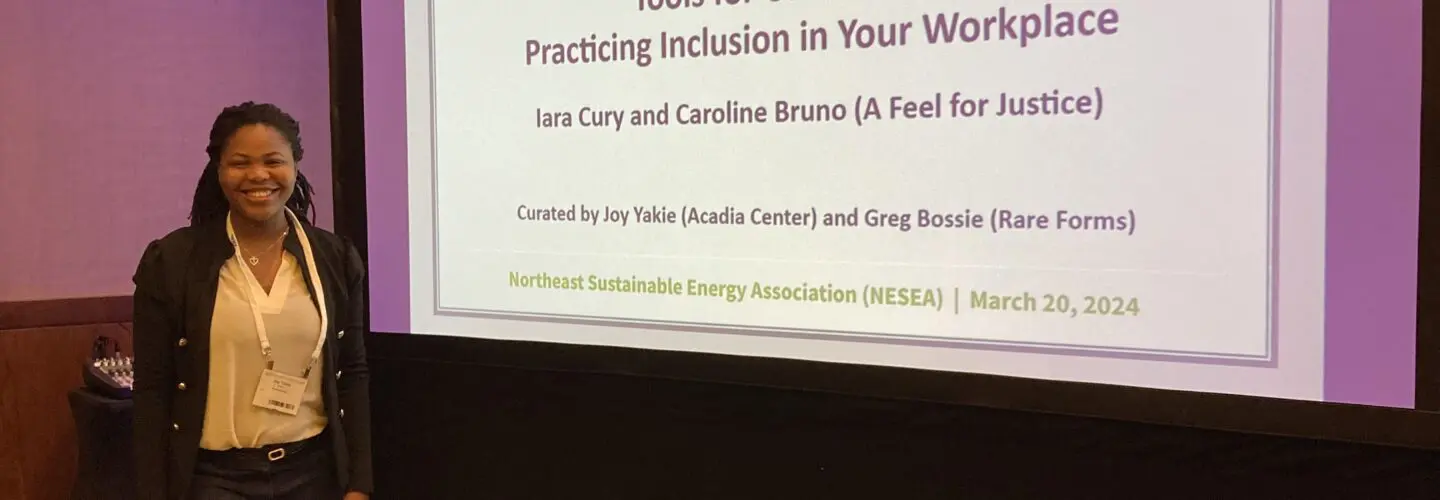NESEA’s 2024 Building Energy Boston Conference – Echoing the Importance of Resilience in Climate Solutions
The impacts of climate change have become dramatically more adverse in recent years. From extreme heat and disastrous wildfires to severe flooding and melting ice sheets – the list goes on. A recent collaborative study by Berkeley National Laboratory and the University of Michigan supports the idea that these extreme conditions will continue to worsen as time passes. Increasingly, and despite inroads being seen on decarbonization nationally and internationally, the built environment will not be spared by the harmful impacts of the changing climate.
A timely conversation to address climate impacts and prepare communities to be more resilient was recently put together by the Northeast Sustainable Energy Association (NESEA). With the theme, Climate Resilience, NESEA convened policymakers, design and construction workers, representatives from government agencies, and others from the climate and energy sector to brainstorm solutions to the dire and urgent demands of climate in the building sector.
As Acadia Center’s Environmental Justice & Outreach Manager, I attended the two-day Building Energy Conference from March 19 through March 20. I was part of the 26-member content committee that curated and supported almost 50 seminars presented during the conference. Two keynote addresses on Climate Change: What Will You Do when Your Project Floods? and The Power of Systems Thinking: Designing Equitable and Resilient Infrastructure were presented on the two consecutive days of the conference, ensuring that solutions brainstormed resonated with the theme of the conference. I supported two seminar sessions on Virtual Microgrids in Low-Income Communities and Tools for Inclusion in the Workplace, leveraging my understanding of equity and environmental justice policy and her experience in workplace diversity, equity, inclusion, and justice practice.
As recent as two years ago, Acadia Center developed a thorough report to summarize carbon emissions resulting from uninsulated low-quality housing in the Northeast. Overall, direct building sector emissions make up a significant portion of emissions in the northeast – a close second behind transportation sector emissions. Aside from the contribution to greenhouse gas emissions, buildings also contribute significantly to indoor air quality, making it a climate change concern and a public health issue. As a result, NESEA’s conference on Climate Resiliency in the building sector has brought this much-needed conversation to light.
Acadia Center is proud to work with our partners and other stakeholders in the building sector. We will ensure that our work strives for rapid emissions reductions from this sector in the coming years and decades ahead.
The Planning Process for NESEA’s 2024 Building Energy Conference in NYC is ongoing with calls for proposals. Visit https://nesea.org/conference/buildingenergy-nyc-2024 for more information to participate and support.



















